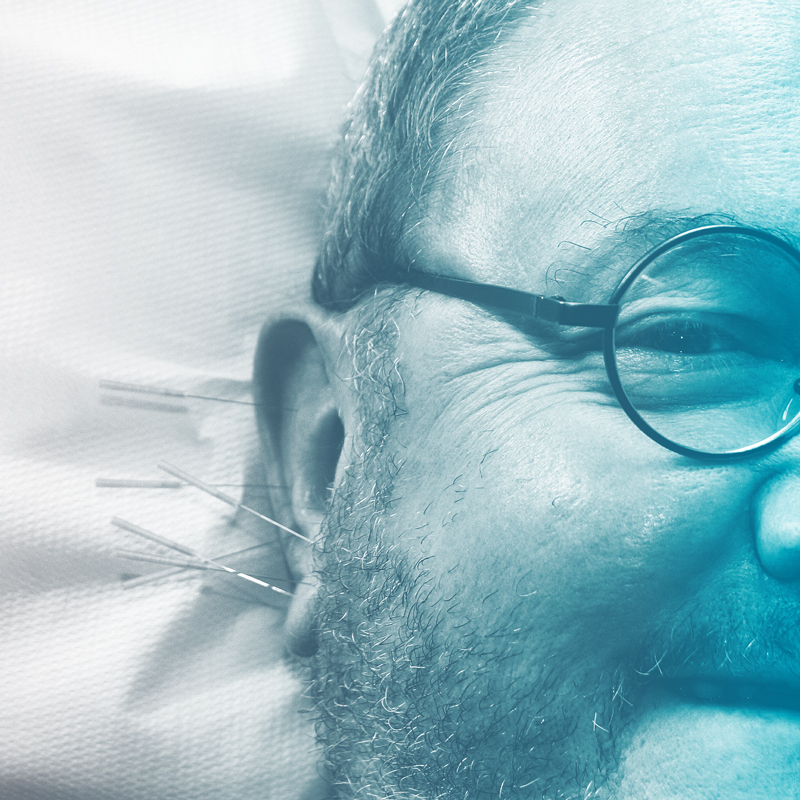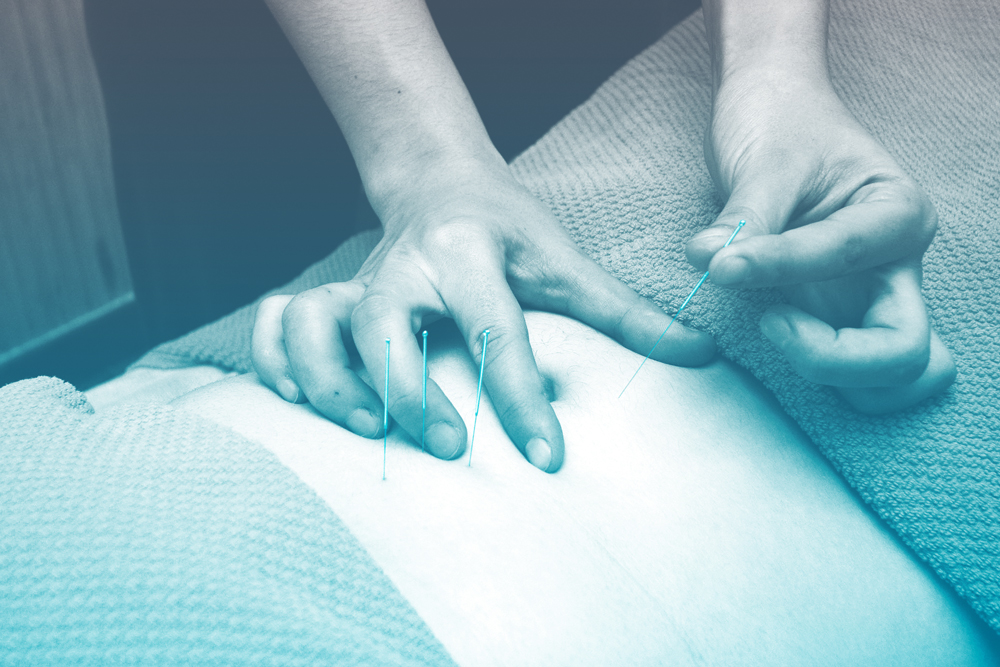Acupuncture and Addiction Recovery
The Chinese medicinal technique known as acupuncture has been implemented for thousands of years. Research has shown that this practice can help relieve ailments caused by fibromyalgia, chronic headaches, back pain and post-operative nausea. However, some researchers believe there may also be a connection between acupuncture and addiction. Those seeking recovery should consider it as a viable accompaniment to other methods to stay sober.

What Is Acupuncture?
Acupuncture is a form of alternative medicine that relies on stimulating numerous points on the body with needles. The purpose of this is to relieve pain, but it can also be used to treat emotional and mental conditions. At its core, addiction is a mental condition, so it is possible to relate the treatment to a person’s recovery.
How Does Acupuncture Relate to Addiction?
Starting in the 1970s, acupuncture began being used by recovery facilities to help those trying to overcome addictions. Today, over 600 recovery programs in the United States utilize acupuncture to a certain extent. While some people insist that it is vital in a person’s recovery, the actual science is still out.
Acupuncture certainly does not hurt, but someone wanting to get sober should absolutely pursue other treatments. The United States has a serious opioid crisis going on right now, and one of the best ways to get a person off an opioid is through medications, such as methadone and buprenorphine. These medications drastically reduce the chances of dying from an opioid overdose. When looking at a wellness program, you want to make sure they offer a wide range of services.
How Could Acupuncture Help With Recovery?
The primary way in which people use acupuncture for drug withdrawals is through a method known as auricular acupuncture. This is a specific technique in which needles are inserted into the patient’s ear. Some technicians believe this placement activates certain organs and emotions.
However, some acupuncturists believe that this method stimulates the immune system and prevents energy blockages within the body. As a result, it can help ease the symptoms of withdrawal. Even in this instance, professionals still recommend using acupuncture as a supplement to other therapies.
Should You Use Acupuncture To Treat Addiction?
Millions of Americans use acupuncture every year, but there is still little research to support the notion that acupuncture helps with addiction. The U.S. National Institutes of Health found that there is not yet conclusive evidence that acupuncture and addiction recovery are related. That does not mean those in recovery should not pursue it. When used in conjunction with medication and certain psychosocial treatments, it can be highly beneficial.
What Treatments Should You Use for Addiction Recovery?
Evidence does exist that supports the notion the best way to overcome a drug or alcohol addiction is through professional counseling and therapeutic techniques. Certain medications can also help, and these prescriptions drugs should target specific brain receptors to help alleviate the symptoms associated with withdrawal.
Without inhibitors, withdrawal can lead to emotional symptoms, including depression, anxiety, sleep problems and poor concentration. It can also result in physical symptoms, such as headaches, chest tightness, heart palpitations, nausea, muscle twitches and intense sweating. The withdrawal symptoms are often bad enough to where the individual wants to go back to using the drug, so the patient should pursue anything that can help make him or her feel more comfortable during this trying time.
Where Should You Go for Addiction Treatment?
Before you pursue acupuncture to aid in your recovery, you should first talk to the professionals from Clean Recovery Centers. We offer numerous programs to help you get off illicit substances. After talking with us, then you can look into acupuncture programs if you think they would lend assistance. Get started by contacting us today to inquire about our services.
Sources:
Recent Posts


